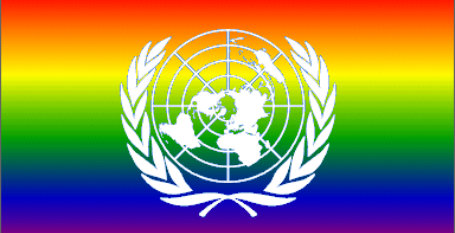The resolution was passed Sept 26 in a 25–14 vote that calls for the U.N. high commissioner for human rights to update a 2012 report on LGBT rights violations and propose practices to combat them. Seven countries abstained. The resolution as a largely symbolic as it doesn’t outline any enforcement capability. Nonetheless this is only the second time the U.N. has affirmed that LGBT rights are “human rights.”
Asia was one of two continents from where countries abstained, supported and opposed the resolution. The only other continent that had countries in all three categories was Africa.
Japan, Philippines, Republic of Korea, and Vietnam in Asia were states that supported the resolution. China, Kazakhstan and India abstained. Indonesia, Kuwait, Maldives, Pakistan, Saudi Arabia and United Arab Emirates were Asian states that opposed the resolution.
The 14 nations that opposed the resolution included Muslim Asian countries. Those in favor of the resolution included Western and Latin American nations, as well as South Africa, the Philippines and Vietnam.
“We feel there is an attempt to impose uniculturality [that] runs counter to religious and cultural practices of some countries,” Saudi Arabia’s representative said during the session. “In my opinion, this [resolution] is a human rights violation.”
Countries that opposed the resolution tried to use procedural moves to scuttle the resolution and strip it of any significance by removing all references to sexual orientation and gender identity.
However, the resolution dismissed cultural specificity to justify states allowing anti-gay policies. “While the significance of national and regional particularities and various historical, cultural and religious backgrounds must be borne in mind, it is the duty of states, regardless of their political, economic and cultural systems, to promote and protect all human rights and fundamental freedoms,” it said.

